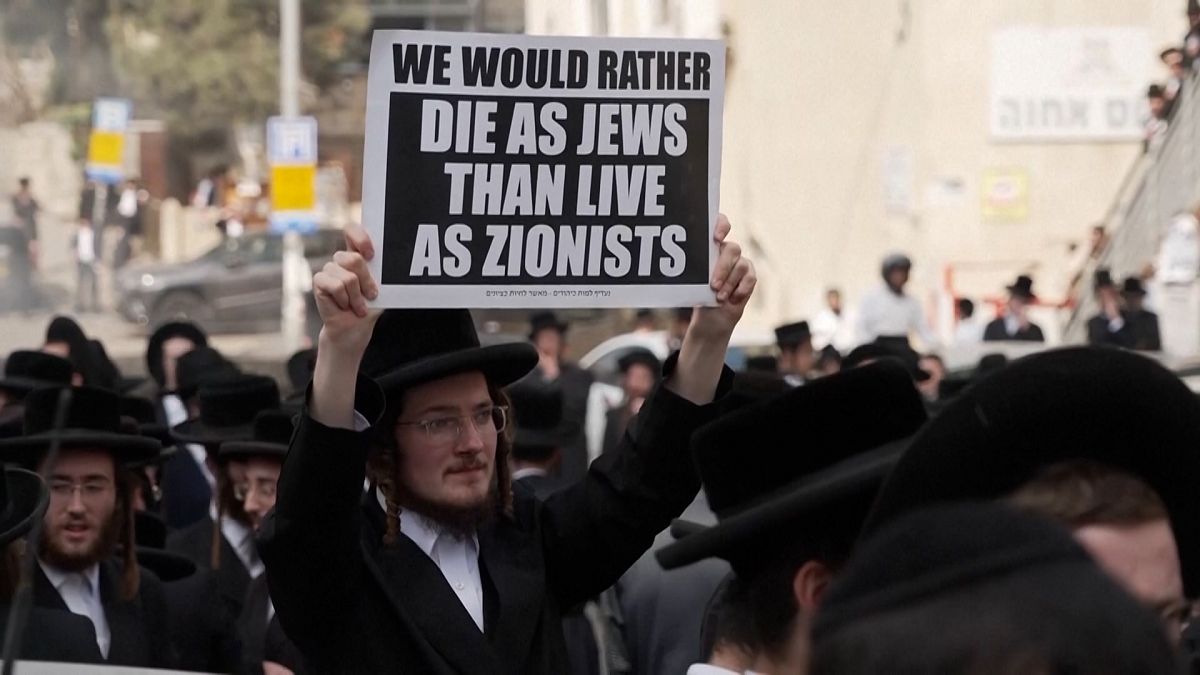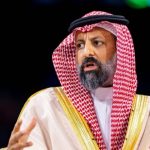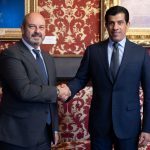On Thursday, hundreds of ultra-Orthodox Jewish men gathered outside Israel’s military enlistment office in Jerusalem to protest calls for the expansion of the Israel Defence Forces (IDF) by recruiting ultra-Orthodox men. This protest stems from the historical exemption ultra-Orthodox men have had from military service due to their focus on religious studies. The ultra-Orthodox community, which makes up 13% of Israel’s population, contends that studying in seminaries is their central obligation.
The issue of ultra-Orthodox military service exemption has been a longstanding and controversial one in Israel. While military service is compulsory for most Jewish citizens, ultra-Orthodox men have traditionally been exempted from serving in the IDF. This exemption has led to tensions between the ultra-Orthodox community and other sectors of Israeli society, who argue that all citizens should share the burden of defending the country.
The ultra-Orthodox community’s resistance to military service stems from their belief that studying religious texts is their primary duty. They argue that their contribution to society lies in their commitment to religious education rather than in serving in the military. This belief reflects the community’s values and priorities, which prioritize religious observance and adherence to strict religious laws.
Calls to expand the IDF by recruiting ultra-Orthodox men have sparked protests and demonstrations among the ultra-Orthodox community. These protests highlight the ongoing debate within Israeli society over the role of the ultra-Orthodox community in the country’s defense. While some argue that all citizens should serve in the military to share the burden of defending the nation, others maintain that the ultra-Orthodox community’s religious obligations should be respected.
As Israel continues to grapple with this issue, it is clear that tensions between the ultra-Orthodox community and other sectors of Israeli society are unlikely to dissipate quickly. The debate over military service exemptions for ultra-Orthodox men reflects broader issues of religion, identity, and citizenship in Israel. Finding a resolution to this debate will require careful consideration of the competing interests and values at stake.
In conclusion, the protests outside Israel’s military enlistment office underscore the complex and deeply rooted debates surrounding ultra-Orthodox military service exemptions. As Israeli society grapples with questions of national identity and religious observance, finding a balance between the obligations of citizenship and the values of the ultra-Orthodox community remains a critical challenge. Only through open dialogue and mutual understanding can a resolution to this contentious issue be reached.










